-
Courses

Courses
Choosing a course is one of the most important decisions you'll ever make! View our courses and see what our students and lecturers have to say about the courses you are interested in at the links below.
-
University Life

University Life
Each year more than 4,000 choose University of Galway as their University of choice. Find out what life at University of Galway is all about here.
-
About University of Galway

About University of Galway
Since 1845, University of Galway has been sharing the highest quality teaching and research with Ireland and the world. Find out what makes our University so special – from our distinguished history to the latest news and campus developments.
-
Colleges & Schools

Colleges & Schools
University of Galway has earned international recognition as a research-led university with a commitment to top quality teaching across a range of key areas of expertise.
-
Research & Innovation

Research & Innovation
University of Galway’s vibrant research community take on some of the most pressing challenges of our times.
-
Business & Industry

Guiding Breakthrough Research at University of Galway
We explore and facilitate commercial opportunities for the research community at University of Galway, as well as facilitating industry partnership.
-
Alumni & Friends

Alumni & Friends
There are 128,000 University of Galway alumni worldwide. Stay connected to your alumni community! Join our social networks and update your details online.
-
Community Engagement

Community Engagement
At University of Galway, we believe that the best learning takes place when you apply what you learn in a real world context. That's why many of our courses include work placements or community projects.
People
Re-mediating the Early Book: Pasts and Futures’ (REBPAF) is a European Commission-funded MSCA Doctoral Network that supporting 13 PhD researchers based in the University of Galway, University of Antwerp , University of Alicante, University of Zürich, University of Vienna, and University of Bristol.
Supervisors
Catherine Emerson, University of Galway
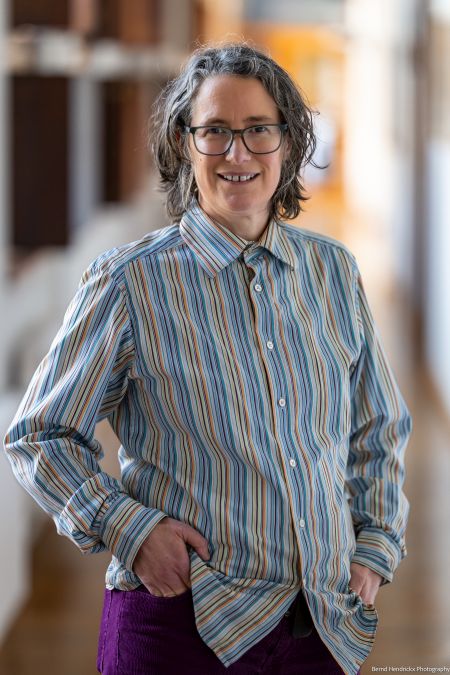
Catherine Emerson’s research interests are in mémoires, life writing, canon formation and identities. She is particularly interested in expressions of identity in the Burgundian Netherlands and in modern Belgium and she is the author Regarding Manneken Pis: Culture, Celebration and Conflict in Brussels (2015). She is working on a study of the role of sixteenth-century translator and editor, Denis Sauvage and his role in canon formation. She is also a member of the international research group studying Charlemagne as a European Icon. She is currently head of second year and year abroad co-ordinator in the BA programme in French, teaches French language in second year and French literature in all years of the BA programme at the University of Galway. She especially enjoys teaching medieval literature, language and culture. She is the PI for the REBPAF doctoral network.
Lindsay Reid, University of Galway
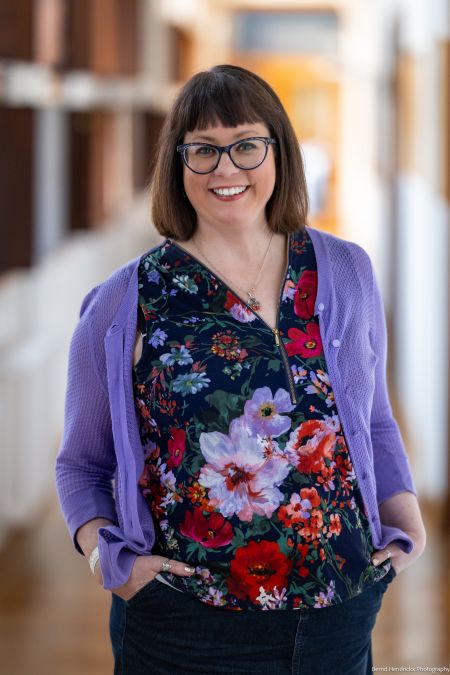
Dr Lindsay Ann Reid is a Lecturer in English and the Vice-Dean for Graduate Studies in the College of Arts, Social Sciences and Celtic Studies. She is a graduate of the University of King's College (BA in Classics and Early Modern Studies) and the University of Toronto (MA in Comparative Literature; PhD in English and Book History). Her primary research and teaching interests include literature c. 1350-1650, classical poetry, mythology, adaptation and reception studies, broadside ballads, and early English print culture. She is the author of two monographs, Ovidian Bibliofictions and the Tudor Book (2014) and Shakespeare's Ovid and the Spectre of the Medieval (2018), as well as numerous articles and book chapters, and she is currently co-editing The Maid's Metamorphosis, a late Elizabethan play, with Agnès Lafont of Université Paul Valéry - Montpellier.
Ad Putter, University of Bristol
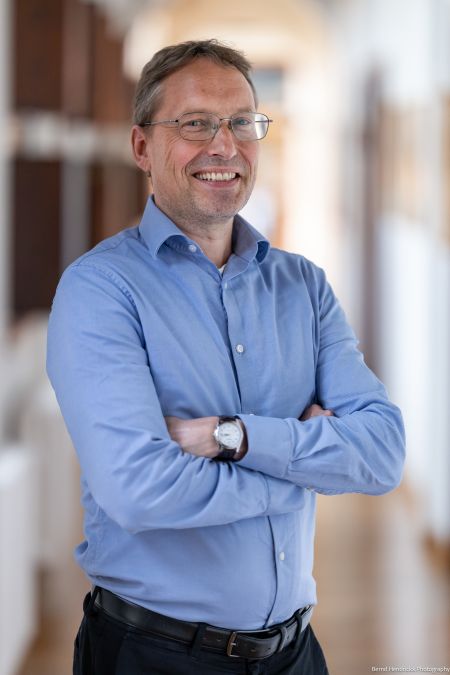
Ad Putter began his research career with a study of the influence of French Arthurian romance on Sir Gawain and the Green Knight. His PhD research of the topic was published by Oxford University Press as Sir Gawain and the Green Knight and French Arthurian Romance (1995). The Gawain Poet has remained an interest ever since: his latest contribution to this area is an edition of all four poems for Penguin, The Works of the Gawain Poet (2014), co-edited with Myra Stokes. He is interested in other stories about King Arthur, and wrote the chapter on the twelfth century in The Cambridge Companion to the Arthurian Legend (2009), which he co-edited with Elizabeth Archibald. He is currently working on a Leverhume-funded research project on Anglo-Dutch relations in the medieval and early modern period. In 2019 he was elected Fellow of the British Academy.
Marianne Ailes, University of Bristol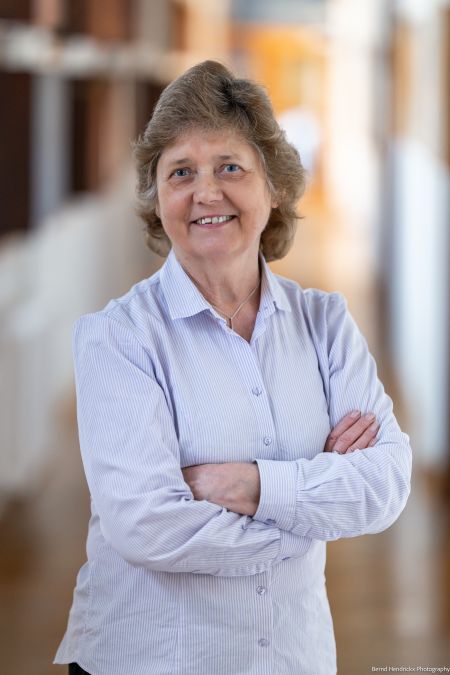
Marianne Ailes' research interests are in Medieval French literature, including the French literature of medieval England. She has a particular interest in the chansons de geste and early vernacular chronicles, focussing on crusade narratives. She is actively involved in editing and translating as well as interpretative studies. She was project lead for 'Charlemagne: A European Icon', a Leverhulme Trust funded international network project on the appropriation of Charlemagne material in different lingusitic cultures in the Middle Ages. This followed a collaborative project on Charlemagne in England with Phillipa Hardman (Dept of English, University of Reading). She currently hold a Leverhulme Fellowship for a monograph project on 'Tolerating the Other in Old French epic texts'.
Rhiannon Daniels, University of Bristol
.jpg)
Rhiannon Daniels is Associate Professor in Italian and works on Italian medieval and Renaissance literary culture, with a particular interest in the reception of Giovanni Boccaccio (1313-1375), paratexts, page design, the role of editors in the print shop, and artists’ books. She is the author of Boccaccio and the Book: Production and Reading in Italy 1340-1520 (2009), co-editor of The Cambridge Companion to Boccaccio (2015) and A History of Poetry in Italy 1200-1600 (2025), and has a forthcoming monograph on the intersection between biographical paratexts and print culture titled Printing Boccaccio’s Lives: The Canonisation of a Vernacular Author. In 2021, she established Bristol Common Press with colleagues in English Studies as a working historical print shop and collaborative laboratory in order to explore practice-based research and develop co-created projects which reach beyond academia.
Jordi Sánchez-Martí, Universitat d’Alacant
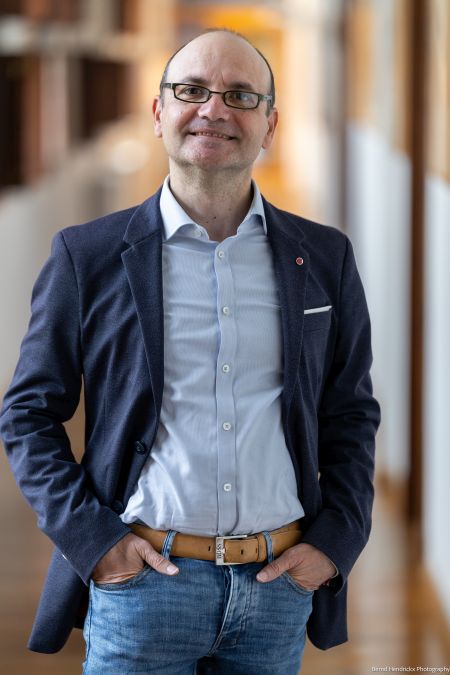
Jordi Sánchez-Martí, B.A. (Jaume I), M.A. (Bristol), Ph.D. (Cornell), is Professor in English Literature. He specializes in medieval English literature and is particularly interested in Middle English romances and their transmission in manuscript and print into the early modern period. Additionally, he has also explored the circulation of the Iberian books of chivalry in English translation.
Marinela Garcia Sempere, Universitat d’Alacant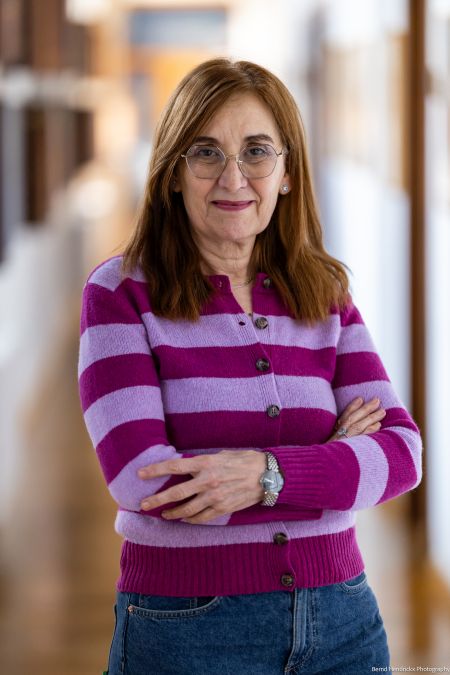
Marinela Garcia Sempere has a degree in Hispanic Philology, orientation Valencian Philology from the University of Alicante (UA) (1986), and a PhD in Catalan Philology (UA 1997). She was a secondary education teacher from 1986 to 1993. She has been a teacher at the Universitat d’Alacant since 1990, and currently university professor at the same University where, in addition, she has held various positions. She was a Visiting Professor at University College Dublin (Ireland) 2009—2010 and Durham and Northumbria Universities (United Kingdom) 2016—2017. Since 2005, she leads the research group "Explanat: research on Catalan language and literature". Her papers can be consulted at (https://web.ua.es/va/valenciana-prosa/marinela-garcia-sempere.html). She specializes in medieval Catalan literature and is particularly interested in Edition of Catalan texts from the Middle Ages, Medieval Catalan literature on religious themes. Hagiography, Medieval treatises on falconry, Medieval and modern literature written by women.
Remco Sleiderink, University of Antwerp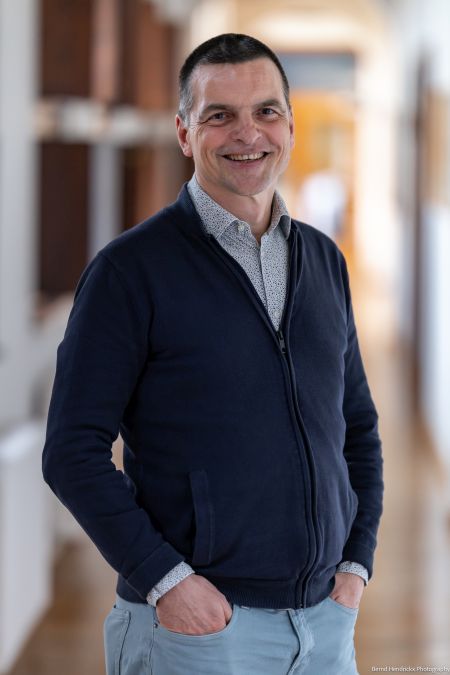
Remco Sleiderink is a professor of Medieval Dutch literature at the University of Antwerp. In his research, he often focuses on the compositional contexts of Middle Dutch literature, with specific attention to the Duchy of Brabant and the dynamics between court and city. He is also highly invested in material philology, which provides an integrated approach to text and manuscript transmission. Other constant focuses in his research are literary analysis, intertextuality and multilingualism.
Mike Kestemont, University of Antwerp
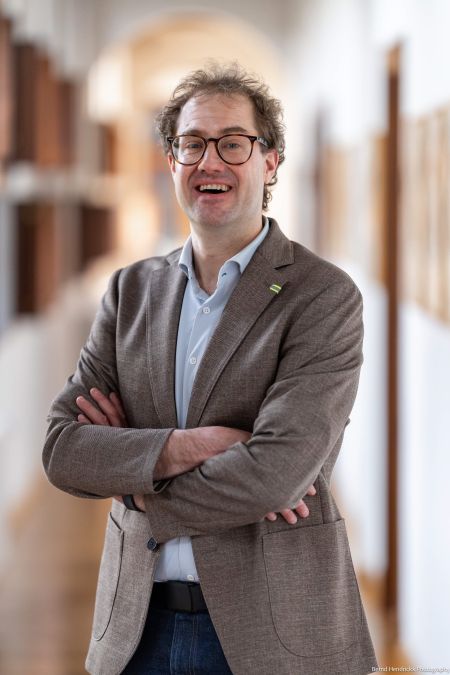
Mike Kestemont is a full research professor in the department of literature at the University of Antwerp. He works on computational models of human culture. The persistence of cultural information over long stretches of time is his key research topic. His expertise lies with the application of machine learning, natural language processing and statistics for the analysis of noisy, historic data. He enjoys research in computational text analysis, in particular, for premodern literature. Much of his work can be situated in the Computational Humanities, an international community in which scholars from the conventional Humanities explore how digital methods and computation can support, enhance and transform existing practices in research and teaching. He has taught various courses and workshops on Digital Text Analysis, Corpus and Computational Linguistics, Programming for the Humanities and medieval philology.
Matthias Meyer, University of Vienna
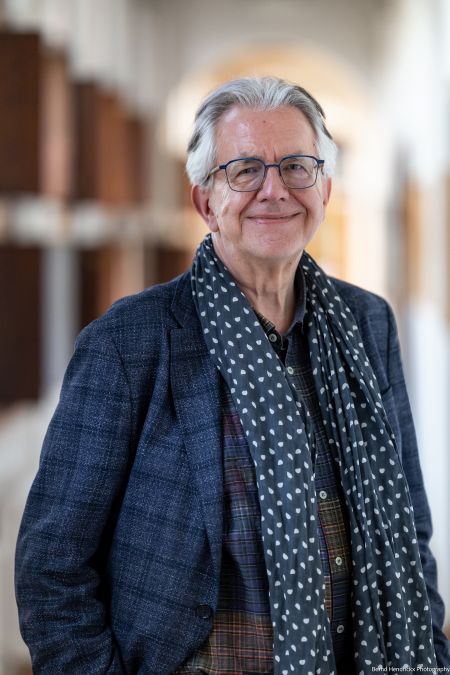
Matthias Meyer has studied German Studies (mostly German medieval and modern literature), medieval and modern history, and Russian language and literature at the University of Heidelberg and at the FU Berlin, where he also wrote his dissertation and his Habilitationsschrift. Post-Doc-Positions at the University of Bielefeld and again at the FU Berlin led to guest professorships at Beijing, Olomouc, Vienna and Berlin, before becoming full professor at the University of Vienna, where he also served as Dean and in several other official functions, e.g. head of the Vienna Doctoral Academy ‘Medieval Academy’. He was also head of a recently finished funded research project on the ‘Austrian Chronicle 1454-1467’.
Rabea Kohnen, University of Vienna
.jpg)
Rabea Kohnen pursued her academic studies in German and Philosophy at the University of Bochum. She successfully obtained her PhD from the same institution, focusing on the interreligious dynamics within Middle High German bridal quest narratives. She has worked as a lecturer both the University of Paderborn and the Universiteit van Amsterdam. After receiving a positive interim evaluation as a junior professor at Ruhr-Universität Bochum, she transitioned to a tenure track professorship at the University of Vienna. Currently, she is dedicated to a second book project investigating the dynamics of voice and figure in the medieval reception of the Song of Songs. In addition to her work in the international training network, she is also leading another project that explores the methodological possibilities of a material narratology using the Vorau manuscript 276 as an example.
Richard Trachsler, University of Zurich

Richard Trachsler is Professor of French and Occitan Literature of the Middle Ages at the University of Zurich. He has worked on the French Medieval Romance, in prose and verse, and has studied the Arthurian tradition.
Carmen Cardelle de Hartmann, University of Zurich

Carmen Cardelle de Hartmann is a Professor of Medieval and Modern Latin at the Universität Zürich. Her research focuses on the communicative aspects of literature and is based on textual criticism, rhetorical analysis, and the study of manuscript culture.
Scientific Consultative Board
Christian Barth
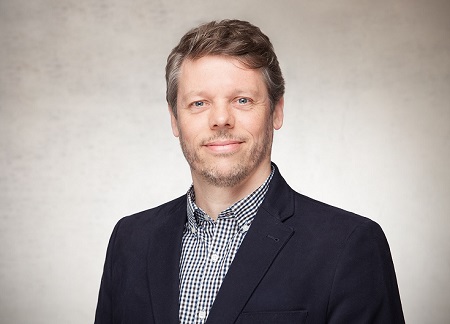
Christian Barth is senior acquisitions editor at Schwabe Publishing (Basel/Berlin). While also acquiring books in psychology, theology and political science, his main area of responsibility concerns the philosophy program including journals, research monographs, edited volumes, editions as well as the long-term projects Historisches Wörterbuch der Philosophie and Grundriss der Geschichte der Philosophie. Christian received is PhD in philosophy at LMU Munich, is member of the philosophy department at Humboldt University Berlin and teaches regularly. His areas of research are early modern philosophy and philosophy of mind and language.
Cornel Dora
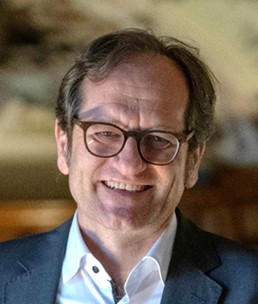
Cornel Dora is an active member of several scholarly boards and committees. He is president of the steering committee of e-codices and a member of the Curatorium Codices electronici Confoederationis Helveticae (CeCH). He is also active in the boards of the Wolfenbütteler Arbeitskreis für Bibliotheks-, Buch- und Mediengeschichte, of the Verein für das schweizerdeutsche Wörterbuch, the Verein Weltkulturerbe Stiftsbezirk St. Gallen, the scholarly advisory board of Campus Galli, Karolingische Klosterstadt and the steering committee of the Centre for Manuscript Studies at the University of Freiburg CH. He is also a member of the section for history of the Bayerische Benediktinerakademie.
Erik Kwakkel
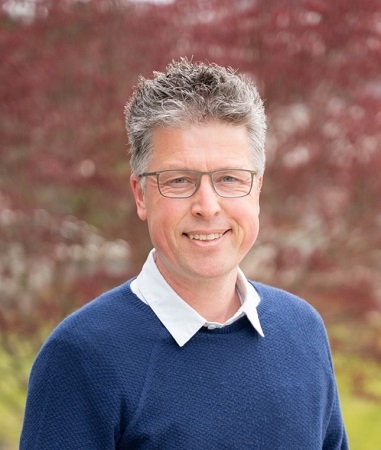
Erik Kwakkel is Director of the School of Information (iSchool) at The University of British Columbia, where he teaches the History of the Book. His research interests are related to the material design of medieval manuscripts. He has published widely on this topic and the broader culture of the medieval book, including an introductory textbook for students (Books Before Print, Arc Humanities Press, 2018).
Frédéric Duval

Frédéric Duval is Professor of romance philology at the Ecole nationale des chartes (Paris). His research focuses on textual criticism and scholarly (digital) edition, history of texts, translation and the medieval reception of Antiquity. He is currently completing a project on the 13th century translations of Roman law into French and Occitan.
N. Kivilcim Yavuz
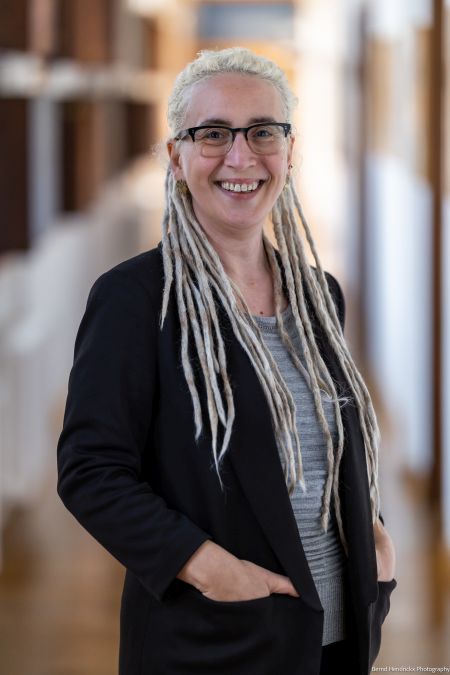
N. Kıvılcım Yavuz is Lecturer in Medieval Studies and Digital Humanities at the University of Leeds, UK. She works at the intersection of medieval studies and digital humanities with an expertise in European manuscript culture, specifically the role of manuscripts as material artefacts in textual transmission and book history. She is especially interested in digitisation of manuscripts as cultural heritage items and creation, collection and interpretation of data and metadata in the context of digital repositories. She has been working on the reuse of fragments in book structures and is the PI for the project “Digital Explorations: Opening the Medieval Manuscript Fragments from the Ripon Cathedral Library” supported by UK Research and Innovation (UKRI) Research England under the Enhancing Research Culture funding stream. She is currently serving as the Director of the Executive Board of Digital Medievalist, a community of international scholars working on applying digital methods to the field of medieval studies.
Ursula Rautenberg

Ursula Rautenberg was professor of book history/publishing studies at the Friedrich-Alexander University Erlangen-Nuremberg from 1997 until her retirement in 2019. Her research areas are the book as a medium and the discipline of publishing studies, incunabula and early printing with a focus on the formation and development of the book title page, the history of Thüring von Ringoltingen’s prose Melusine in print from the fifteenth century to the first half of the nineteenth century, typography and reading, as well as printing, transmission history and the history of the book. Another area of focus is the Chinese book market. Her areas of research focus and her publications are connected to projects funded by institutions including the German Research Foundation and the Bosch Foundation. Before her appointment in Erlangen, she worked as a curator and research director at the Otto Schäfer bibliophile collection and library in Schweinfurt. She earned her doctorate and postdoctoral habilitation at the Ruhr-Universität Bochum (field: German philology).
Will de Burca
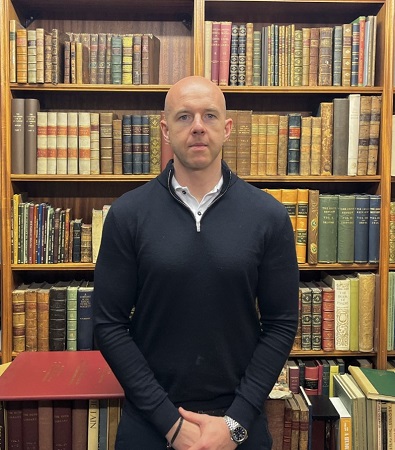
Will de Burca is a qualified bookbinder having served an apprenticeship with Antiquarian Bookcrafts in Dublin. He now specialises in buying and selling books relating to Irish history, literature, fine bindings, signed editions and manuscripts. Will writes articles for The Irish Times on book collecting and contributes book reviews for Irish Arts Review. He has previously studied marketing and communications at Sotheby’s, New York, and he now oversees all digital aspects of his family's rare book business including ecommerce, website content and growth of social media accounts.
Zanna Van Loon
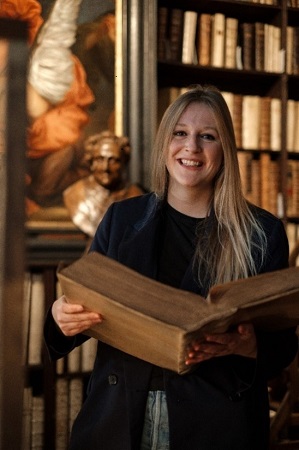
Zanna Van Loon is curator of rare books and manuscripts at the Museum Plantin-Moretus. She previously worked as the expert on analytical bibliography and the project leader of STCV. The Bibliography of the Hand Press Book at the Vlaamse Erfgoedbibliotheken vzw. She obtained a PhD in Early Modern Book History at KU Leuven in 2020 on the social and material characteristics of early modern manuscripts and printed books on Indigenous languages of North and South America.
Researchers
Sara D’Amico, Universitat d’Alacant
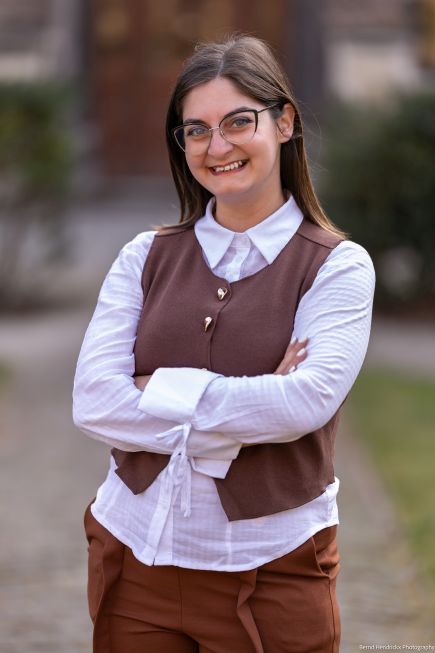
Sara D'Amico is a PhD student within the MSCA-actions funded REBPAF project. She completed her MA in Library Science at La Sapienza University of Rome and continued her studies at the Vatican School of Library Science. She worked as a cataloguer in several libraries in Italy, like the National Library of Naples and the Library of the Fondazione Camillo Caetani of Rome. She also took part in various projects in the UK and Ireland, including a CERL-funded project at Marsh's Library, Dublin. Her research interests include the antiquarian book market, the private collecting of rare books, studies on provenance and the formation of Special Collections.
Nicky Voorneveld, University of Antwerp
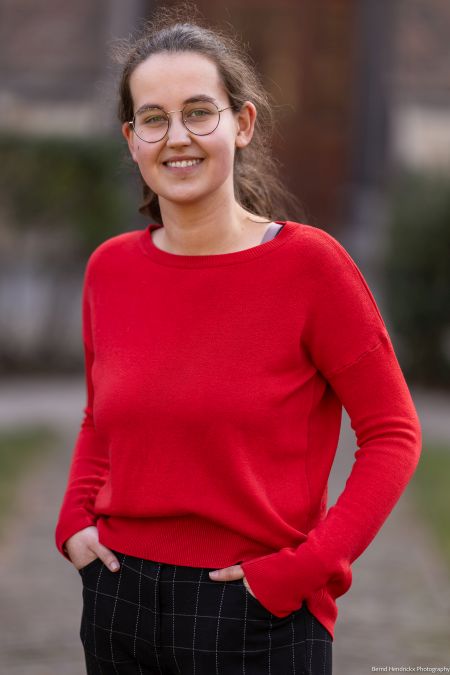
Nicky Voorneveld is a doctoral student at the University of Antwerp. She studied European Languages and Cultures (BA) at the University of Groningen (NL) and Book and Digital Media Studies (MA) at the University of Leiden (NL). Within the doctoral network she is working on project 3, 'Karel ende Elegast in Manuscript and Print', which focuses on the implications of the switch in form between manuscript and print for this well-known Middle Dutch text and its reception. Her research interests include material culture, medieval history and provenance research in medieval manuscripts.
Luca Hollenborg, University of Zurich
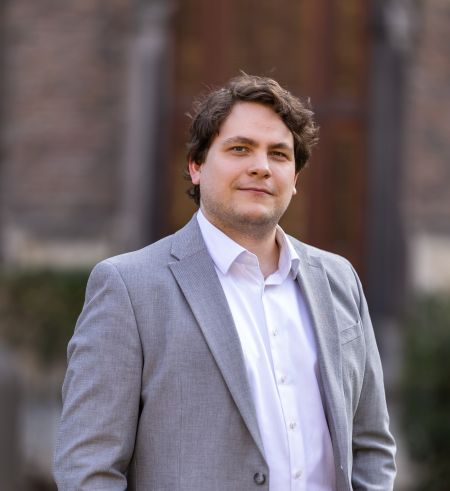
I studied History and German Studies for teaching with a focus on the middle Ages aswell as Interdisciplinary Medieval Studies at the University of Münster. Since my early childhood, I have been fascinated by the medium of books. In the course of my studies, this fascination expanded especially to medieval manuscripts and early prints. Therefore, I am very happy to be part of this project, which allows me to deal with it even more intensively.
Melania Marra, Universitat d’Alacant
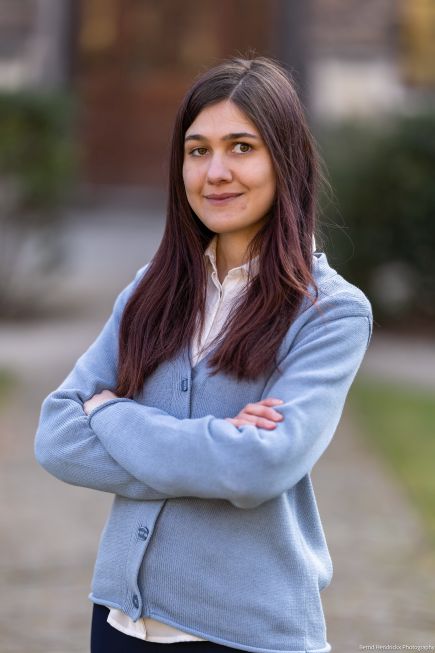
Melania Marra is a PhD student, currently working on REBPAF project, position 5, "Manuscripts and Printed Editions of Flos Sanctorum", at the University of Alicante. She completed her Master's degree at the University of Molise, with a dissertation in Romance Philology entitled "Auberi le Bourguignon, Chanson de geste antico-francese del XIII secolo. Saggio di edizione critica". Her research interests include: romance philology, textual criticism, Medieval Catalan literature, Medieval Occitan literature, Medieval French literature.
Brenda Luies, University of Galway
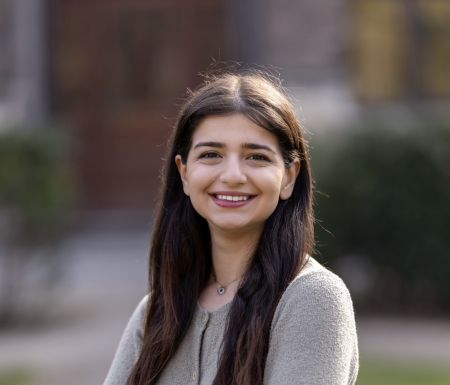
Brenda Luies is a doctoral researcher for the MSCA-actions funded REBPAF project. She completed a MA in English with specialization in Print Culture in 2023. Brenda’s research specializes in late 15th and early 16th century print culture, with an emphasis on literary and textual material representation of women. Brenda’s interests include Late Medieval and Early Modern literature, Book History and Print Culture, Digital Humanities, and Marxist theory.
Kaila Yankelevich, University of Bristol
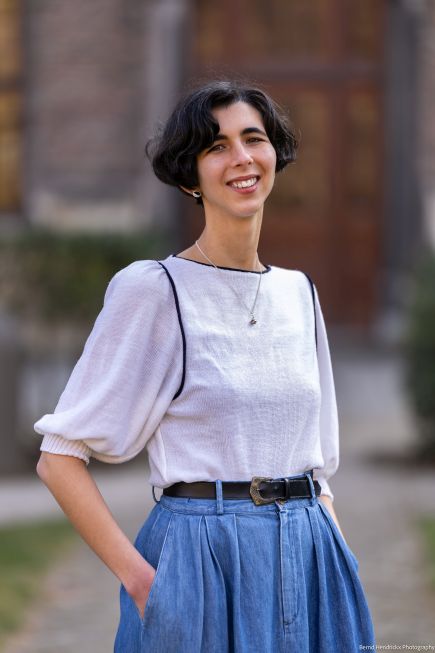
Kaila Yankelevich is a Marie-Curie doctoral researcher at the University of Bristol. As part of the MSCA-actions funded REBPAF project, she focuses on the interaction of manuscript and print in late medieval and early modern England. She completed her first degree in literature (University of Buenos Aires, 2020), and her MA in Medieval Studies (Central European University, Vienna, 2022) with a thesis about the animals of Arthurian romance, before performing as an intern at the Department of Manuscripts of the National Library of the Czech Republic.
Melissa Bastian, University of Vienna
.jpg)
Melissa Bastian has gained degrees in Art History, German Language and Literature as well as Medieval and Renaissance Studies.
Originally from Germany, she now resides in Austria where she works as a doctoral researcher for the MSCA-Actions funded project Re-mediating the Early Book: Pasts and Futures (REBPAF) at the University of Vienna. Her personal project concentrates on the works and activities of publisher Sigmund Feyerabend and the formation of a corporate identity within the dynamic landscape of 16th-century Frankfurt. The objective is to unravel the cultural, economic, and artistic aspects of this flourishing early modern business and to demonstrate comprehensively how Feyerabend was able to form a recognisable brand during his time and how this influenced the value of the books he sold. Further research interests of hers include cultural heritage, mythology as part of cultural identity, and medieval infernal & mortality symbolism.
Marika Fox, University of Antwerp
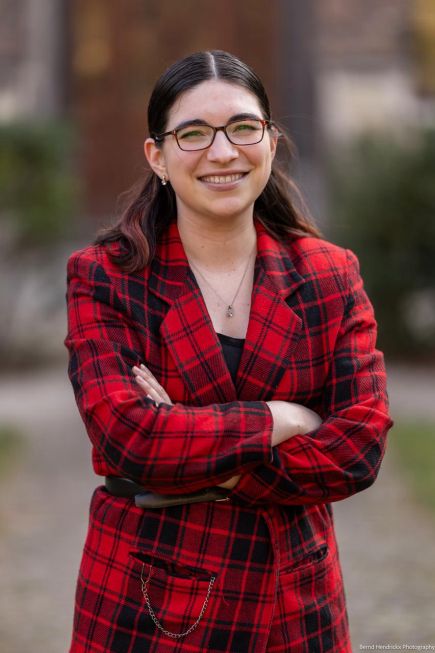
Marika Fox is a doctoral researcher for the MSCA-actions funded REBPAF doctoral network, working on the project 'Is it Worth It? Modelling the Perceived Value of the Medieval Book Using Predictive Machine-learning Methods' at the University of Antwerp. She has a BA in Physics and MA in Teaching, and most recently completed an MA in Ritual Chant and Song at the University of Limerick with a thesis on digitally encoding 10th-century musical notation, continuing her undergraduate research on chant encoding conducted at the College of the Holy Cross in Worcester, USA. Her current research interests include digital humanities, palaeography, codicology, fragmentology, and the history of the rare book and manuscript trade, particularly with regards to how these items are and have been priced and valued.
Alena Minko, University of Bristol
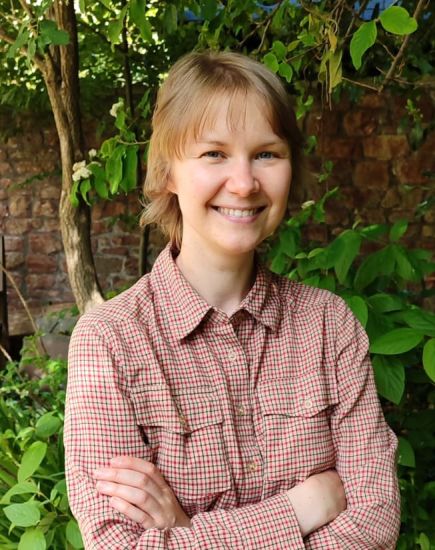
I am a Marie-Curie doctoral researcher at the University of Bristol, supervised by Ad Putter and Rhiannon Daniels. My research examines how the advent of the printing press transformed Charlemagne literature during the transition from medieval to early modern Europe. I'm fascinated by every dimension of textual evolution—from orthographic shifts and editorial choices to the economic forces that shaped book production and circulation.
This interest in textual transmission grew from my background in Food Studies, where I wrote my MA thesis at CEU on how frumenty recipes evolved within medieval culinary traditions. Working closely with recipe manuscripts revealed how texts adapt as they cross geographical and temporal boundaries, sparking my current focus on literary transmission. My interdisciplinary approach allows me to trace not just what changed in these texts, but why and how those changes reflect broader cultural and technological shifts.
Véronique George, University of Bristol
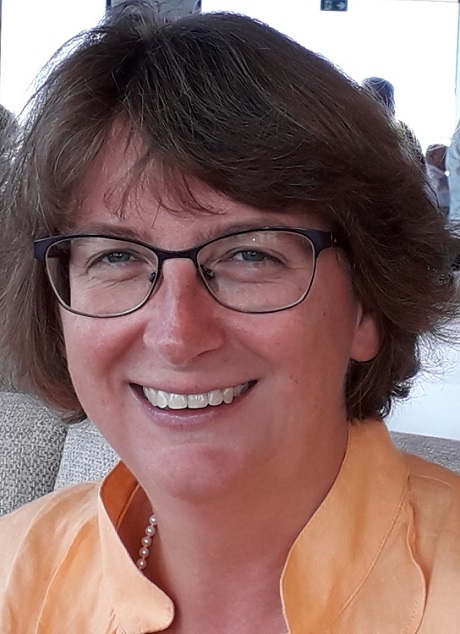
Véronique George, a Research Masters student at the University of Bristol, works on a project which is part of the European Marie Curie Doctoral research program "Re-mediating the Early Book : Pasts and Futures". Her supervisors are Professor Marianne Ailes and Professor Ad Putter, both at the University of Bristol. She did her Masters at the University of Ghent (Belgium) where she specialised in the Arthurian material. Her current research “Epic Books in the Age of Print: Translation and Transformation” focuses on late 15th-century England and Burgundy and studies the transformations of the Charlemagne material with specific reference to one narrative, the Renaut de Montauban/Les Quatre Fils Aymon, which became widely disseminated in manuscript and print, both in England and on the continent. She aims to examine how this narrative changed due to the transition from manuscript to print, the translation from old French in the other European vernacular languages and the changing art-historical context of the late Middle Ages.
Laurie Hoeben, University of Zurich
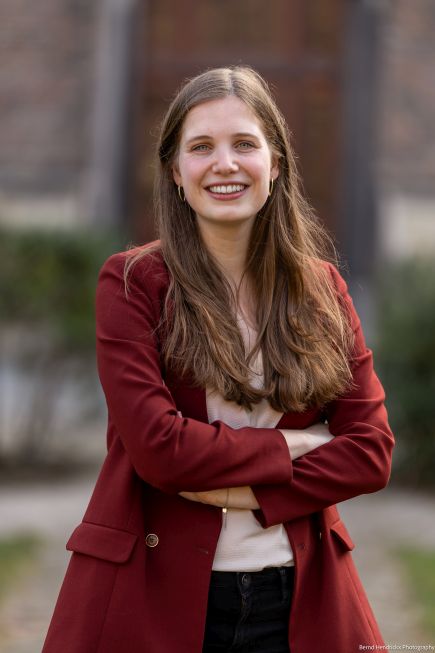
Laurie Hoeben studied French language and culture and European Literature at the University of Utrecht (BA) and Radboud University (MA). In 2021-2022, the French embassy in the Netherlands and the Fondation Prix de Paris funded her research on the authorship of the anonymous French medieval novel Le Roman de Ponthus et Sidoine. In the same period she also took part in a research project on the 16th-century Lyonnaise book printer Claude Nourry at the Université Lumière Lyon 2.
Laurie is currently a PhD candidate at the University of Zurich (2023-2026), co-supervised by Prof. Richard Trachsler and Prof. Carmen Cardelle de Hartmann. In her doctoral project ‘From Manuscript to Print: a Matter of Bankability?’, Laurie further pursues her interest in French medieval texts. She aims to clarify why certain texts (and not others) were selected for print and what changes were made in the transition from manuscript to print.
Ian Wong, University of Galway
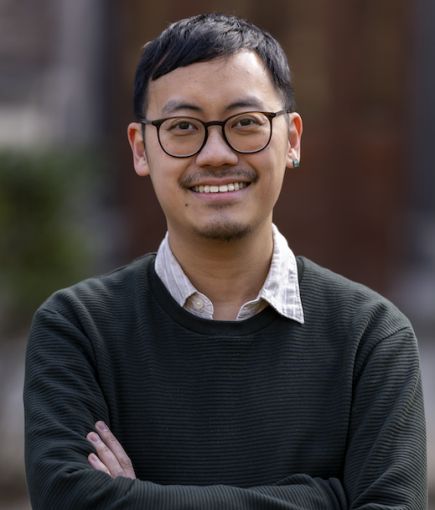
Ian L. Y. Wong is a doctoral researcher and MSCA fellow at the University of Galway exploring the use of open educational resources (OER) in the field of book history. Between 2016 and 2023, he worked in commercial publishing as an assistant editor, helping to publish numerous bestsellers and award-winning titles in a wide range of non-fiction genres, including celebrity memoirs, history, and popular science. Currently, Ian is interested in open educational philosophy, digital learning objects in book history and related fields, and Irish print history.
Eva-Lotte Gebhardt, University of Vienna
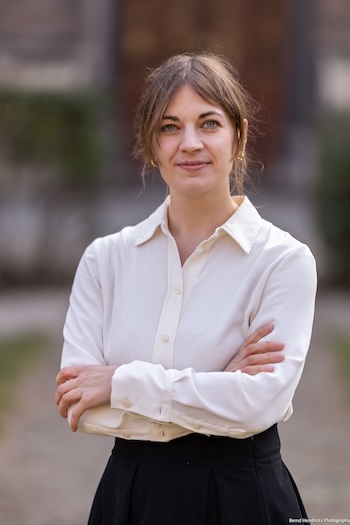
Eva-Lotte Gebhardt is a Marie-Curie doctoral researcher at the University of Vienna. As part of the MSCA-actions funded REBPAF project, she focuses on early printed sermon literature as well as 17th century newspapers with the aim to shed light on narratological means employed and their relation to the medium of print. Eva-Lotte studied German literature and religious studies in Hannover and Göttingen. She completed her Master’s degree at the University of Göttingen in 2020 with a thesis about narratological elements in the legend of Martha before working as a technical writer in Brno and Dresden. Her research interests are the intersection between the two systems literature and religion, religious texts, as well as texts that are difficult to grasp with narratological means.
Rosenn Nicolas, University of Galway
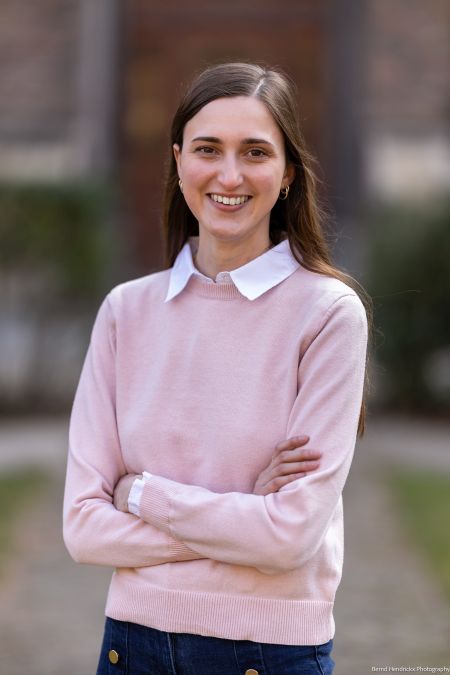
As a doctoral student at the University of Galway in Ireland, Rosenn Nicolas is interested in the history of the book, and more specifically the history of printing during the Renaissance in Lyon. She began her studies with a degree in history at the Université de Franche-Comté, before taking a specific interest in the history of the book during her master’s degree in Rare Books and Digital Humanities at the Université de Bourgogne-Franche-Comté.
She is currently researching the networks of printers-bookseller in sixteenth-century Lyon. The aim of this study is to examine the links forged between printers-booksellers. In this context, she is particularly interested in the different networks of a group of printer and bookseller dynasties and how they influence the book market at that period.
Máiréad Casey, University of Galway
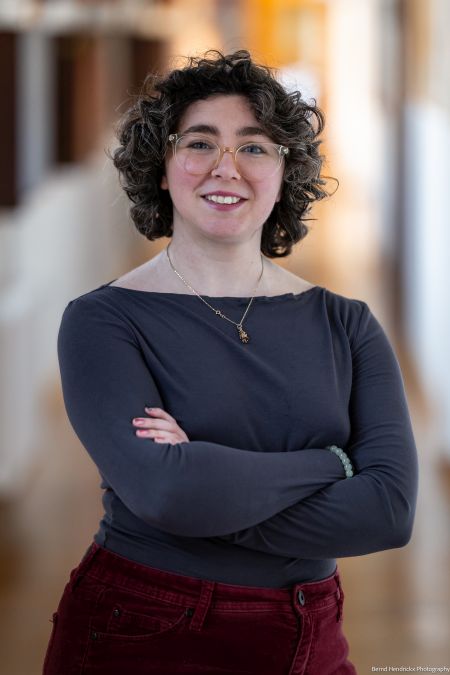
Máiréad Casey is a post-doctoral researcher/project manager for the MSCA-actions funded REBPAF project. She is a Lecturer in Film & Television Studies with the Huston School of Film and Digital Media. She teaches Film Theory, Critical Theory, Gender & Sexuality Onscreen, and Television Drama. She completed her PhD project Demon Possession and Sexual Violence in Post-Recession American Horror Cinema in 2022 with the University of Galway's Huston School of Film and Digital Media under the supervision of Dr Conn Holohan. Her research interests include gender and sexuality onscreen, representations of sexual violence, digital feminist activism, and networked misogyny.















